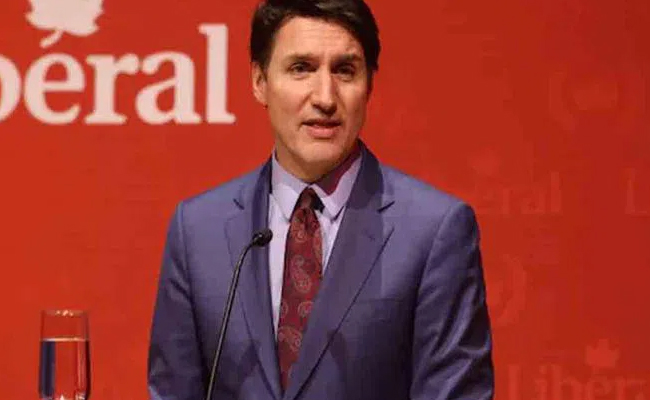
World

After several hours of speculation, Canadian Prime Minister Justin Trudeau resigned from his position as leader of the Liberal Party on Monday (January 6). In a press conference, Trudeau announced his resignation after almost a decade in power. He also declared that the Parliament would be suspended until March 24. According to the Associated Press report, Trudeau will remain as Prime Minister until a new party leader is chosen. Even members of his own Liberal Party had previously publicly called for his resignation. Justin Trudeau became the leader of the Liberal Party in 2013 and took power in 2015, successfully winning elections in 2019 and 2021.
After facing multiple crises on the foreign front, internal Canadian politics became a challenge for Trudeau. On Monday (January 6, 2025), Canadian media reported that Trudeau had announced his resignation. He stepped down ahead of an important national caucus meeting on Wednesday (January 8). Meanwhile, discussions are ongoing among Trudeau's advisors regarding the process for selecting the next Canadian Prime Minister after him.
The resignation of Christia Freeland, the Finance Minister and Deputy Prime Minister, on December 16, 2024, brought international attention. Following this resignation, issues surrounding Justin Trudeau intensified. Christia Freeland is also being considered as a contender for the Prime Minister position. Reports suggest that she has been trying to rally MPs to her side in recent times.
Justin Trudeau has served as Canada's Prime Minister since 2015. In 2023, Canada launched a diplomatic conflict with India by accusing Indian agents of being involved in the murder of Khalistani terrorist Hardeep Singh Nijjar. Following this, Canada's relationship with India entered a period of tension.
Opposition leaders have widely criticized Justin Trudeau for attempting to cover up domestic challenges by engaging in a diplomatic war with India. They suggested that if there were any accusations against India, Trudeau should present evidence directly, rather than creating such distractions to hide domestic failures. After Donald Trump's victory in the U.S. elections, Trump escalated the situation, stating that if there was no progress on securing the common border between the two countries, he would impose a 25% tariff on the products of both neighboring nations.
Following Trump's announcement, then-Deputy Prime Minister and Finance Minister of Canada, Christia Freeland, announced her resignation. She pointed out that if the U.S. imposed a 25% tariff on Canada or a 100% tariff, it would cripple Canada's economy. Christia Freeland criticized Prime Minister Justin Trudeau, stating that instead of improving the nation's economic condition, Trudeau was pursuing politically unsustainable policies.
Advertisment